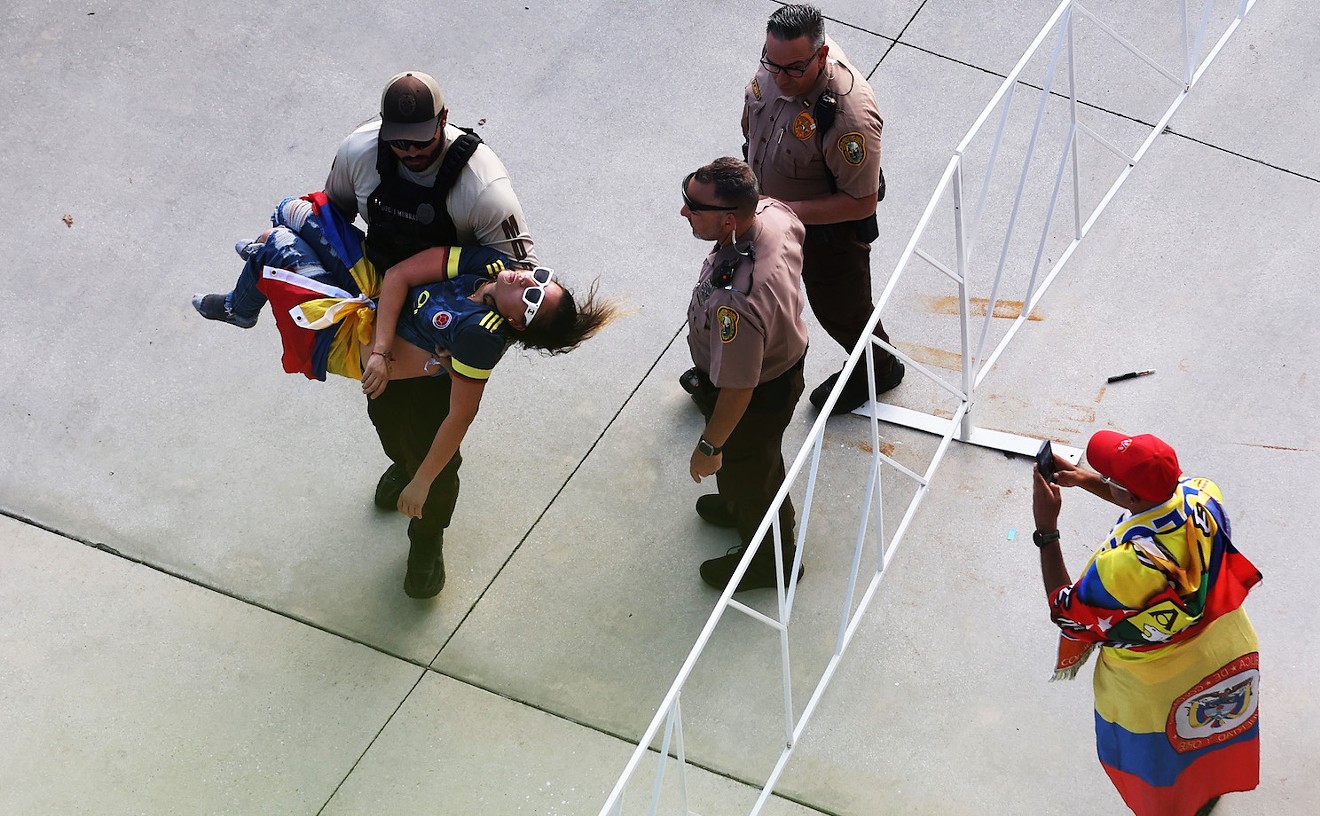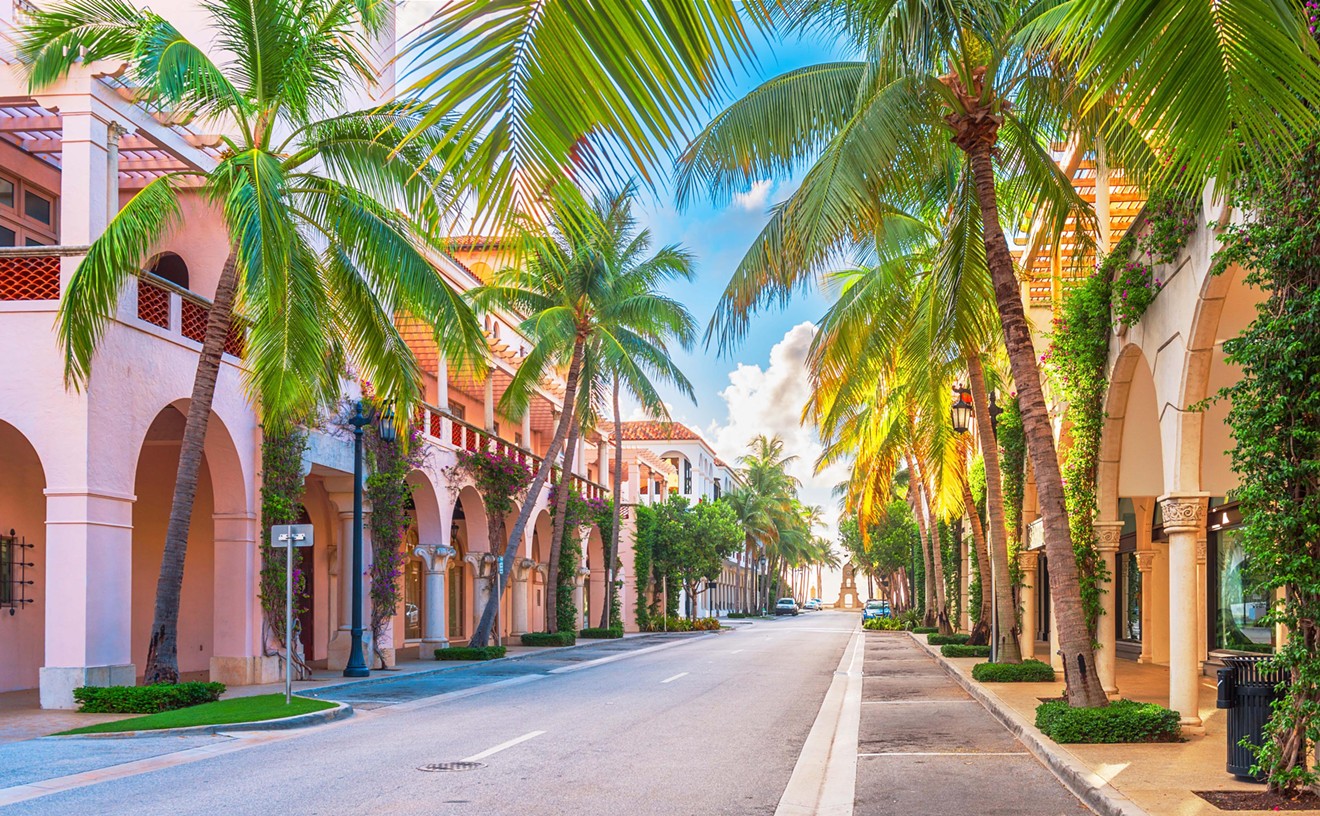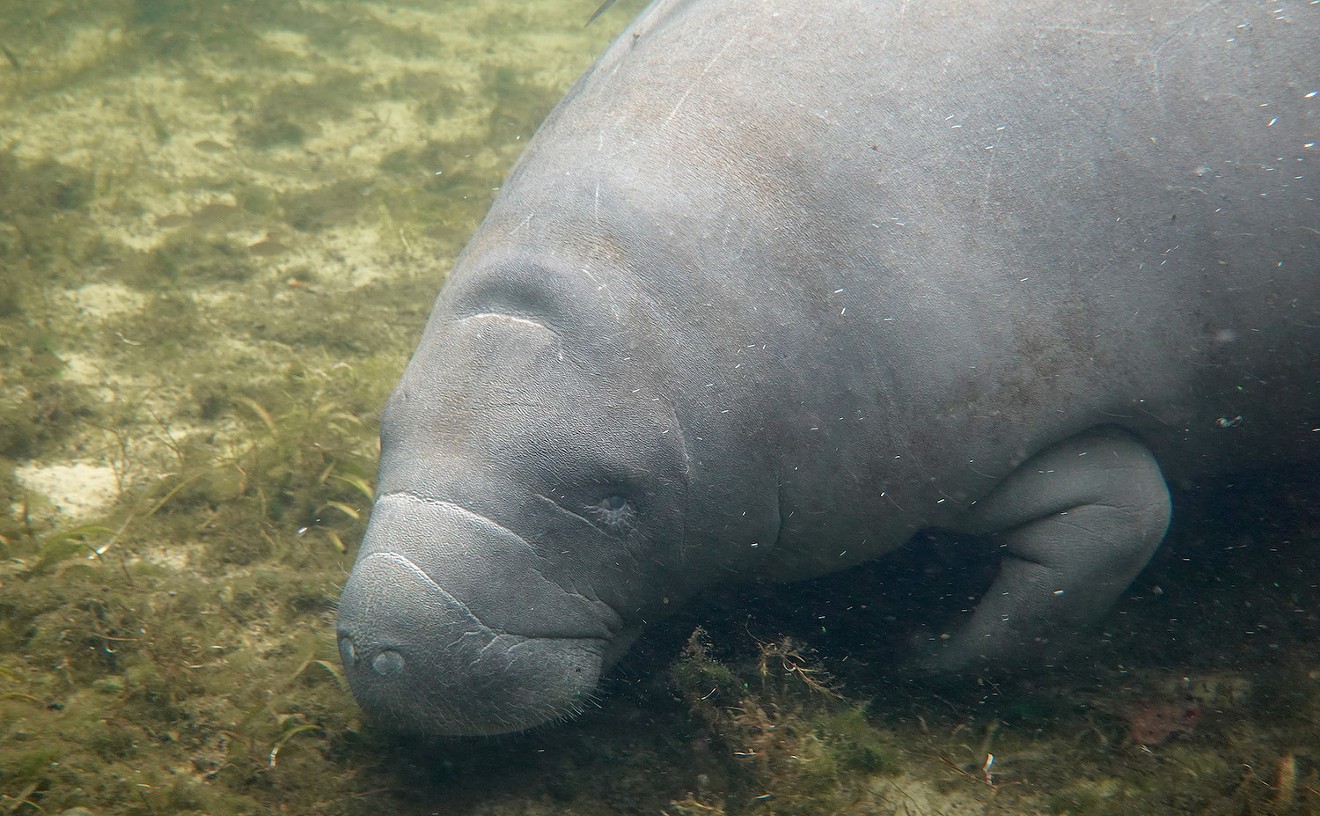So, he and the American Civil Liberties Union sued ICE and Miami-Dade County in July 2017 — and a federal court moved the case forward last week, ruling that Creedle has made a compelling case he was falsely imprisoned and had his civil-rights violated due to a policy that Miami-Dade County Mayor Carlos Gimenez implemented to appease President Donald Trump.
On Friday, U.S. District Court Judge Kathleen Williams ruled that Creedle had "plausibly alleged that his Fourth Amendment rights were violated when the County arrested him pursuant to a detainer because the County was not authorized under either state or federal law to effectuate an arrest without a warrant or probable cause that he had committed a crime.”
Gimenez's decision — which came almost immediately after President Trump issued a January 2017 executive order demanding an end to immigrant-protecting "sanctuary cities" — sparked weeks of controversy. Miami-Dade had previously honored ICE "detainers" (requests to hold citizens in local jails until ICE can pick them up and deport them), but quit doing so in 2013 because of cost concerns.
Gimenez in 2017 became the first big-city mayor in America to capitulate to Trump's demands. At the time, Gimenez argued he only made the decision to protect federal funding, but, in the intervening months, courts have shot down most of Trump's order and the Miami Herald has reported the county has received no financial benefit from the Trump administration. Demonstrably racist Attorney General Jeff Sessions came to Dade County last year and publicly thanked Gimenez without offering much of anything else.
In the meantime, many immigrants in Miami have complained Gimenez betrayed them. Protesters flooded the streets outside county hall and even held a hunger strike to convince the county commission to reverse Gimenez's decision. The commission instead voted 9-3 to ratify Gimenez's order. During those protests, former Florida ACLU director Howard Simon warned that the mayor was setting up the county for an expensive wrongful-incarceration lawsuit.
Now, it appears a legal payout could be looming. According to Creedle's 2017 suit, Creedle was born in Honduras to a United States citizen and is considered a citizen under U.S. law. The U.S. Department of Homeland Security even tried to deport him once before, but in 2015 DHS ruled he was an American.
Despite this, ICE issued a detainer-request for Creedle. He was arrested in March 2017 on charges that were later dropped. Creedle posted bond soon after being arrested — but county officials ran his name through the ICE database, which falsely stated he was a "removable alien" and should be held for deportation. Per the suit, Creedle then spent the night of March 13, 2017, behind Miami-Dade bars even though he was not eligible for deportation. ICE interviewed him the next day and set him free.
ICE, Miami-Dade County, and other parties in the suit have been fighting to get the case tossed since Creedle filed last year. While Williams dismissed many of Creedle's claims, she did rule that Creedle's core allegations — that the county and ICE violated his Fourth Amendment rights to be free from unreasonable searches and seizures, for example — are valid and can move forward. Williams wrote that Creedle has "sufficiently alleged a constitutional violation" occurred in Miami-Dade last year, and that "he has plausibly alleged the County was not authorized by federal
The suit is not over, however. It will likely continue winding through the courts for another few months. But the ACLU yesterday issued a press release celebrating the procedural victory.
“Miami Dade County’s policy of blindly agreeing to all ICE detainer requests is unconstitutional,” Florida ACLU staff attorney Amien Kacou said in a media release. “When local law enforcement fulfills warrantless ICE detainer requests, they violate the trust of the communities they are supposed to protect. The County should not be allowed to escape legal responsibility for turning its back on its community and supercharging the Trump administration’s reckless anti-immigrant machine.”












